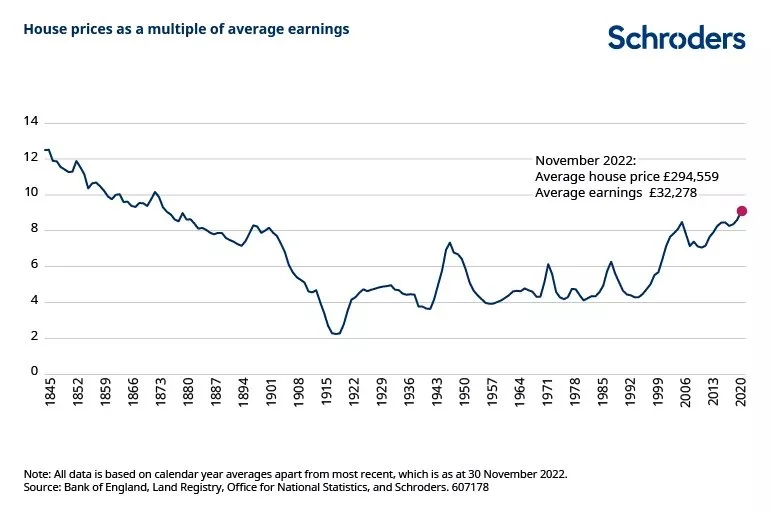Archived
Britain's financial regulator is taking longer than usual to approve fast-fashion retailer Shein's IPO [Initial Public Offering] because it is checking its supply chain oversight and assessing legal risks after an advocacy group for China's Uyghur population challenged the listing, according to two sources close to the matter.
Britain's Independent Anti-Slavery Commissioner, a monitoring body of the interior ministry, has also raised concerns within government over a Shein IPO because of allegations about labour practices at its suppliers.
Singapore-headquartered Shein, which sells $5 tops and $10 dresses mostly made in China in 150 markets worldwide, filed confidentially with the Financial Conduct Authority in early June for a London listing.
[...]
The FCA (Financial Conduct Authority in the UK] is under no obligation to assess evidence presented by civil society groups, and will generally let investors take their own position, said Lorna Emson, partner at law firm Macfarlanes. If it did find compliance concerns, it would tend to address these confidentially with the company itself.
But NGO pressure is unlikely to fade.
"Regulators are being given more to think about – and are required to do so under the watchful scrutiny of the increasingly well-funded and litigious NGO and activist community," said Lucy Blake, partner at law firm Jenner & Block.
NGOs are not alone in raising concern over Shein's IPO.
[...]
The Independent Anti-Slavery Commissioner wrote to the Home Office and Department for Business in June about the IPO, according to previously unreported letters obtained by Reuters through a Freedom of Information request.
"Encouraging a company like Shein to float on the UK market inadvertently implies endorsement of poor labour practices and the prioritisation of attracting business to the UK over human rights abuses," Commissioner Eleanor Lyons wrote.
The Home Office and Department for Business jointly replied that the FCA decides independently on listings and the UK has rules to guard against modern slavery.
Like other retailers, Shein must comply with incoming European Union regulations on forced labour and the Uyghur Forced Labor Prevention Act in the U.S., both of which are considered stronger than Britain's Modern Slavery Act.
[...]
Worker exploitation has been rife in supply chains of retailers and brands around the world, not just in low-cost fashion but also in luxury.
[...]


